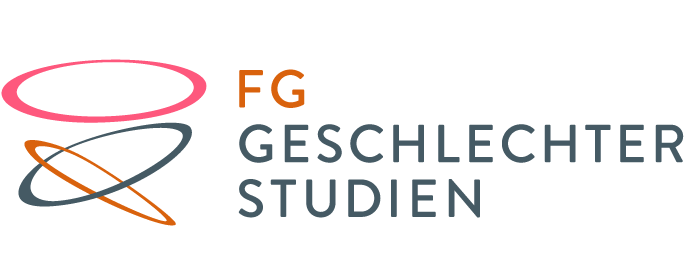My research project is concerned with the institutional and discursive construction of the state gender regime in Ukraine with the focus on gender norms embedded in social policies. Of principle interest are the following questions: how gender subjects are produced and negotiated in legal texts and in the policy-making; what gender norms are institutionalized in policies and manifested in debates. I analyse policy changes and policy debates in three broadly defined areas – state welfare provision, labor regulation and gender equality legislation – from 1991 until 2015. I illustrate in the dissertation that through all of these policy areas and consistently throughout the whole period motherhood remains the central characteristic of the woman-subject in policy discourses, while different strategies are used to establish and legitimize that, given socio-political transformations in Ukraine since the fall of the Soviet Union. I argue that the regime of ‚compulsory motherhood‘ has been constructed relying on the discourse of ‘demographic crisis’, nationalist ideology dominating Ukrainian politics, and on the concept of ‘health’ used to legitimize state interventions.
Neuste Beiträge
- [CfC] Tagung: Demokratisierung der Sinne
- [Veranstaltung] „Care and (un)fair?“ Podiumsdiskussion und Präsentation
- [Veranstaltung] ZtG-Kolloquium: Geschlecht – Körper – Vielfalt (7./8.11.2024)
- [Veranstaltung] Tagung „Diversität als hochschulpolitische Herausforderung“ (29.11.2024)
- [CfC] Tagung „Demokratisierung der Sinne —Sinnlichkeit der Demokratie. Emanzipation als Erfahrungen von Gleichheit in hierarchisch anders sensorischen Räume”
 Open Gender Journal
Open Gender Journal
- Doing Family unter erschwerten Bedingungen Anna Buschmeyer
- Institutionelle Reaktionen auf geschlechtsspezifische Gewalt in der Wissenschaft im nordischen Kontext als Formen der Fürsorge überdenken Angelica Simonsson
- Von rassistischen Weiblichkeits- und Männlichkeitskonstruktionen. Rassismuserfahrungen und Coping Strategien asiatisch gelesener Menschen Ines Hiegemann
Schlagwörter
Hinweis
Die Fachgesellschaft veröffentlicht auf ihrer Website auch Hinweise der Arbeitsgruppen und der Initiativen innerhalb der FG. Deshalb spiegeln die Hinweise nicht notwendigerweise Positionen oder Ziele der Fachgesellschaft wider.



